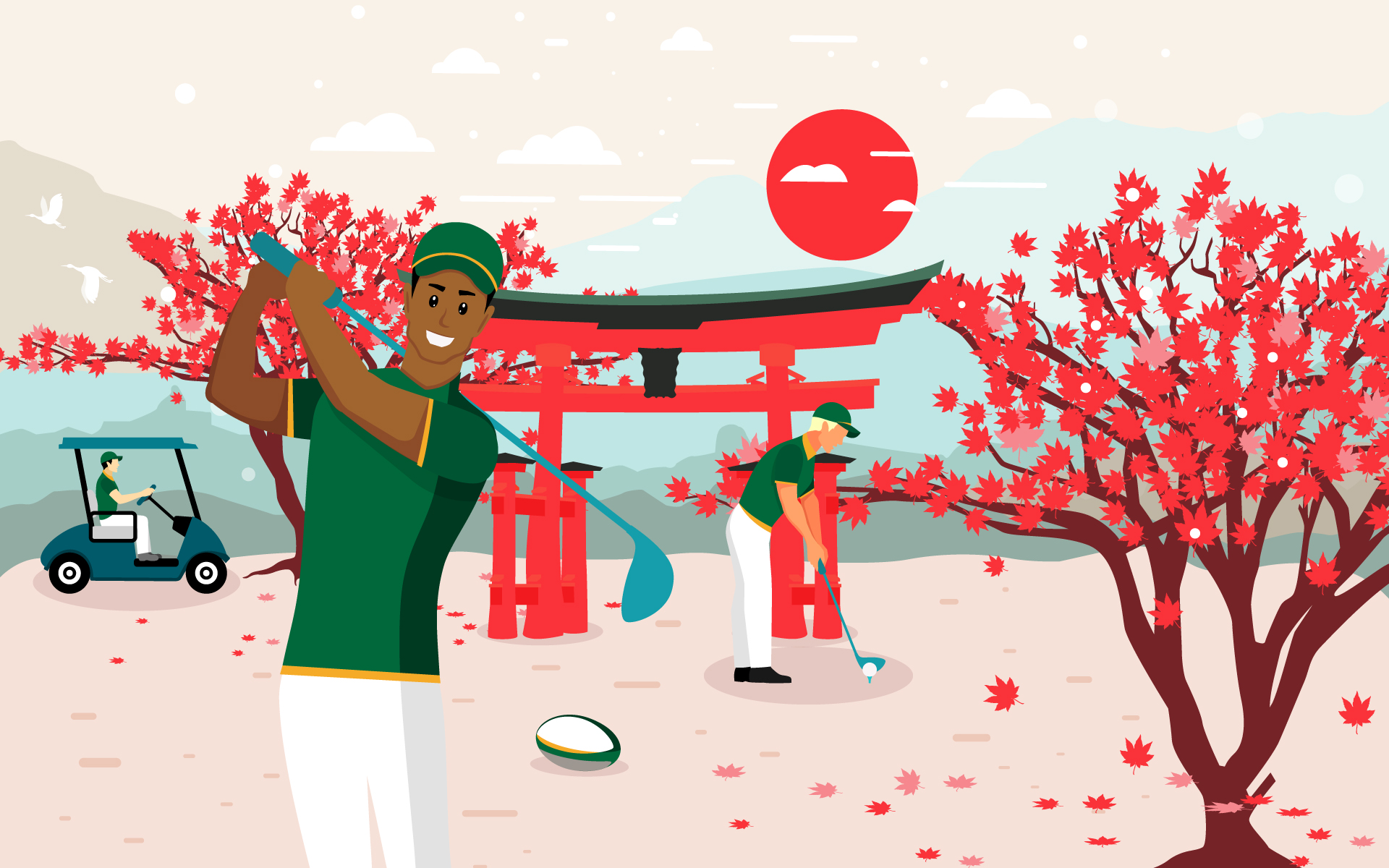As the seconds tick by to the kick-off of the big game in rugby’s ultimate contest, with the trophy tantalisingly within grasp, being a Bok means training, planning, and a quiet quest for distraction

In the week before the 2007 Rugby World Cup final against England, Victor Matfield, Danie Rossouw, Fourie du Preez and Schalk Burger wanted to play golf. It had become their tradition during the tournament on their day off in the build-up before each of their matches.
They liked to get away from the bustle of Paris, out on to a course where they would not be disturbed and could spend a gentle four or five hours by themselves. But with the pressure of the final intensifying and stress levels high, Jake White, the Springbok coach, wasn’t happy about it and told them on the Thursday before the final that they could not go.
He did not want the master of his lineouts, the general of the backline and two of the hardest loose forwards in world rugby to do anything that might risk their performance on Saturday.
But Boks being Boks, they decided that they would go anyway. They did not, said Matfield, want to break with tradition, and so they planned an “escape” to play the golf course at Disneyland. They got dressed in their golf clobber and headed down the passage to the lift of their hotel. A door opened. White walked out.
Matfield, Burger and Rossouw managed to hide around a corner, but Du Preez had no time. White saw his scrumhalf dressed in his golf kit, smiled and said nothing.
“He probably didn’t want to create unnecessary friction by making a big issue out of it,” remembered Matfield in his autobiography. “For some of us, a round of golf was an important way of preparing for a big game. It was an opportunity to get away from the pressures of training and it helped calm the nerves.”
Tournaments, World Cups specifically, create a natural rhythm for all involved, from players to journalists to the fans. You build your days and weeks around matches, prepare to sneak out from work for the day to catch games. Braais and parties are planned not to interfere with match days. World Cups become part of our lives and we become part of the World Cup.
For those of us sportswriters who have been on tour with the Springboks, you search for a space and rhythm that will become your “home” away from home, your safe space that will allow you to deal with the intensity of ever-present deadlines.
In Paris at the beginning of the 2007 tournament we spent two weeks in Paris, at a budget hotel in Montmartre, 200-metres around the corner from the Moulin Rouge. There was an Irish bar close by called Corcoran’s and for a few days that became our place to shake off the day.
On a morning run up to the Sacre Coeur, the Basilica of the Sacred Heart of Paris, from where you have the most magnificent views of the City of Lights, I jogged past a closed bar on the Rue Lepic. It was called the Lux Bar. It promised a happy hour of two hours where beers would cost just €3 for two, but only if you drank them standing up at the bar. You paid an extra €2 if you wanted a seat. The actor, Peter Ustinov, drank there.
The barman sported a tattoo of Elvis and played 50s and 60s rock ’n roll from his iPod. It was two hours away from the tournament, a place to recharge and smile. I missed it when we followed the Springboks south to Montpellier and Marseille.
But you can never totally break away from the rhythm and soul of a World Cup when you are in a country far from home. The final week is the strangest time, when you can see the end of it approaching fast and hard, and you aren’t entirely sure you want it to stop. It consumes you, fills you with a sense of being part of something great and wonderful.
The final week is one of nerves, anticipation and anxiety, when you seek some normality and distraction away from thinking what might be in the final. It is a week for golf at DisneyLand and beers at the Lux Bar.

Leave a Reply